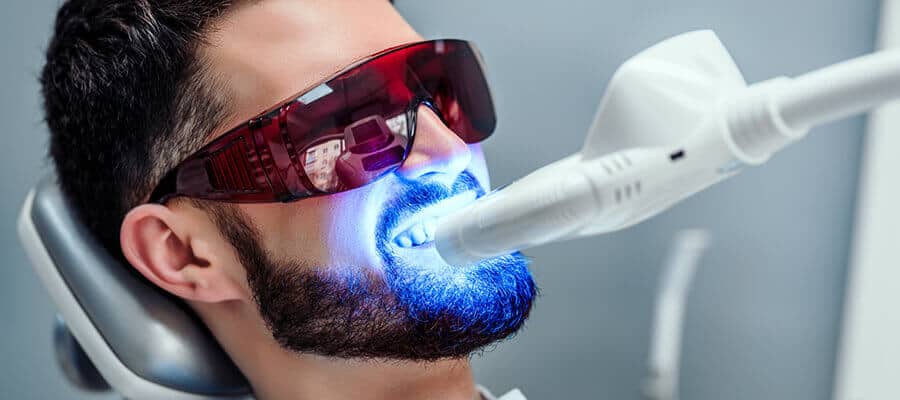
How to Avoid Dental Implant Failure

Dental implants are a transformative option for patients looking to restore their smiles, offering a stable, durable solution for missing teeth. However, like any medical procedure, the success of dental implants depends on a combination of factors, including proper care, good health, and careful planning. Dr. Rader in Sevierville emphasizes the importance of patient education in preventing dental implant failure. Here are key tips to help you avoid complications and ensure your dental implants last for years to come.
Oral Hygiene
One of the most important factors influencing implant success is oral hygiene. After receiving dental implants, maintaining a routine of brushing and flossing is critical. Plaque and bacteria can still build up around the implant, leading to infections like peri-implantitis, which can cause implant failure if left untreated. Dr. Rader advises patients to brush twice a day with a soft-bristle toothbrush and floss daily, paying particular attention to the areas around the implant.
Dental Visits
Another crucial aspect is regular dental visits. Patients should see their dentist for follow-up care after the procedure and attend regular checkups to monitor the health of their implants. Professional cleanings help remove plaque in areas that may be missed during daily care, and early detection of any issues can prevent more serious complications down the line.
Lifestyle Considerations
It’s also important to consider lifestyle factors that may affect your dental implant’s success. Smoking, for example, has been shown to increase the risk of implant failure. Tobacco products slow healing and reduce blood flow to the gums, which can impede the body’s ability to integrate the implant. Dr. Rader strongly recommends that patients quit smoking both before and after dental implant surgery to optimize healing and long-term success.
Bone Health
Bone health is another key factor in implant stability. Dental implants require a strong, healthy jawbone for support. In some cases, patients may require bone grafting to build up sufficient bone density before the implant can be placed. Patients with conditions like osteoporosis or those taking certain medications that affect bone density should consult with Dr. Rader to evaluate their risk factors and discuss any necessary precautions.
Habits
Lastly, be mindful of habits like grinding or clenching your teeth, known as bruxism. Excessive force can damage both natural teeth and dental implants, potentially leading to failure. If you have bruxism, Dr. Rader may recommend wearing a night guard to protect your implants while you sleep.
Take Control of Your Implant Success
Proper care and attention are essential to avoiding dental implant failure. By maintaining excellent oral hygiene, attending regular checkups, and making smart lifestyle choices, you can enjoy the long-lasting benefits of dental implants. If you are considering dental implants or have questions about your current implants, schedule an appointment with Dr. Rader in Sevierville today.






